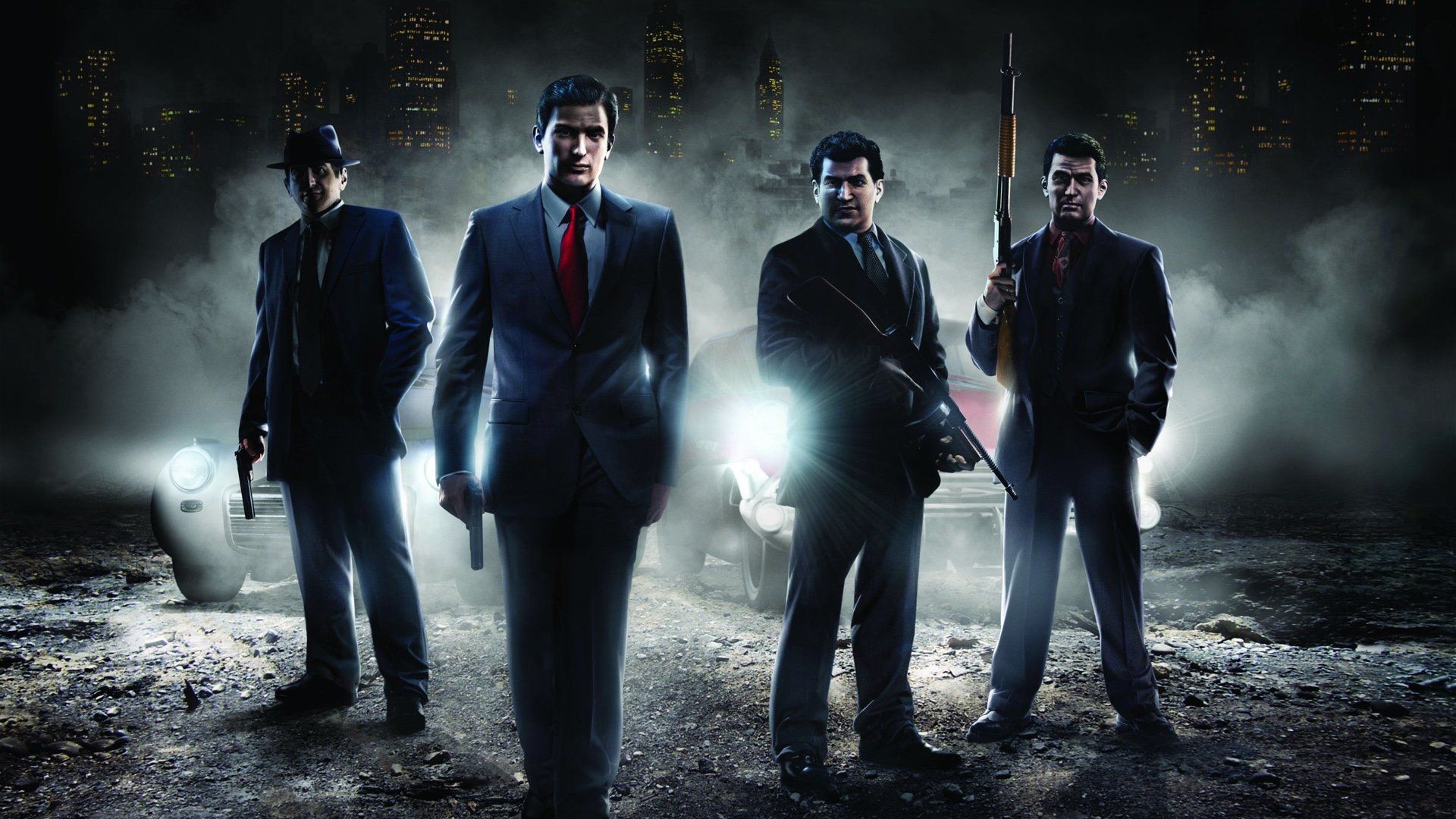
FAQ About Mafia Trope
Mafia Trope
2 years ago | gizem
How has the Mafia trope evolved over time in literature?
The Mafia trope in literature has evolved significantly over time, reflecting changes in society, cultural perspectives, and storytelling techniques. Here are some key aspects of its evolution:
- Shifting Perceptions: The early depictions of the Mafia in literature, particularly in the mid-20th century, often portrayed organized crime as glamorous or romanticized. These stories often focused on the allure of power, loyalty, and the code of honor within the criminal underworld. However, as awareness grew about the devastating impact of organized crime, later works began to explore its darker and more realistic aspects.
- Realism and Authenticity: In more recent years, there has been a move toward greater realism and authenticity in Mafia-themed literature. Authors have drawn on extensive research, firsthand accounts, and journalistic investigations to provide nuanced and accurate portrayals of organized crime. This shift aims to present a more nuanced understanding of the Mafia, moving away from sensationalism and stereotypes.
- Complexity of Characters: The portrayal of Mafia characters has become more nuanced and multi-dimensional over time. Authors have moved beyond one-dimensional stereotypes, exploring the complexities, motivations, and personal struggles of characters involved in organized crime. This evolution allows readers to develop a deeper understanding of the human experiences within the Mafia world.
- Diverse Perspectives: There has been an increased emphasis on diverse perspectives within the Mafia trope. This includes exploring the experiences of women, immigrants, and individuals from different cultural backgrounds. By representing a wider range of voices, authors have enriched the narrative landscape and challenged traditional portrayals of the Mafia.
- Social and Cultural Context: Mafia-themed literature has evolved to reflect changing social and cultural contexts. The genre now incorporates broader issues such as globalization, political corruption, socio-economic disparities, and the impact of organized crime on marginalized communities. This expansion of themes adds depth and relevance to the narratives.
- Blurring Genre Boundaries: The Mafia trope has also transcended traditional genre boundaries, blending with other genres such as historical fiction, thriller, literary fiction, and even fantasy. This fusion has led to innovative storytelling approaches and fresh perspectives on organized crime.
- Deconstruction and Critique: More recent Mafia-themed books have engaged in deconstruction and critique of the Mafia trope itself. Authors challenge and subvert the romanticized or glorified elements of the genre, exposing the darker realities, exploring the consequences of criminal activities, and examining the societal costs of organized crime.
